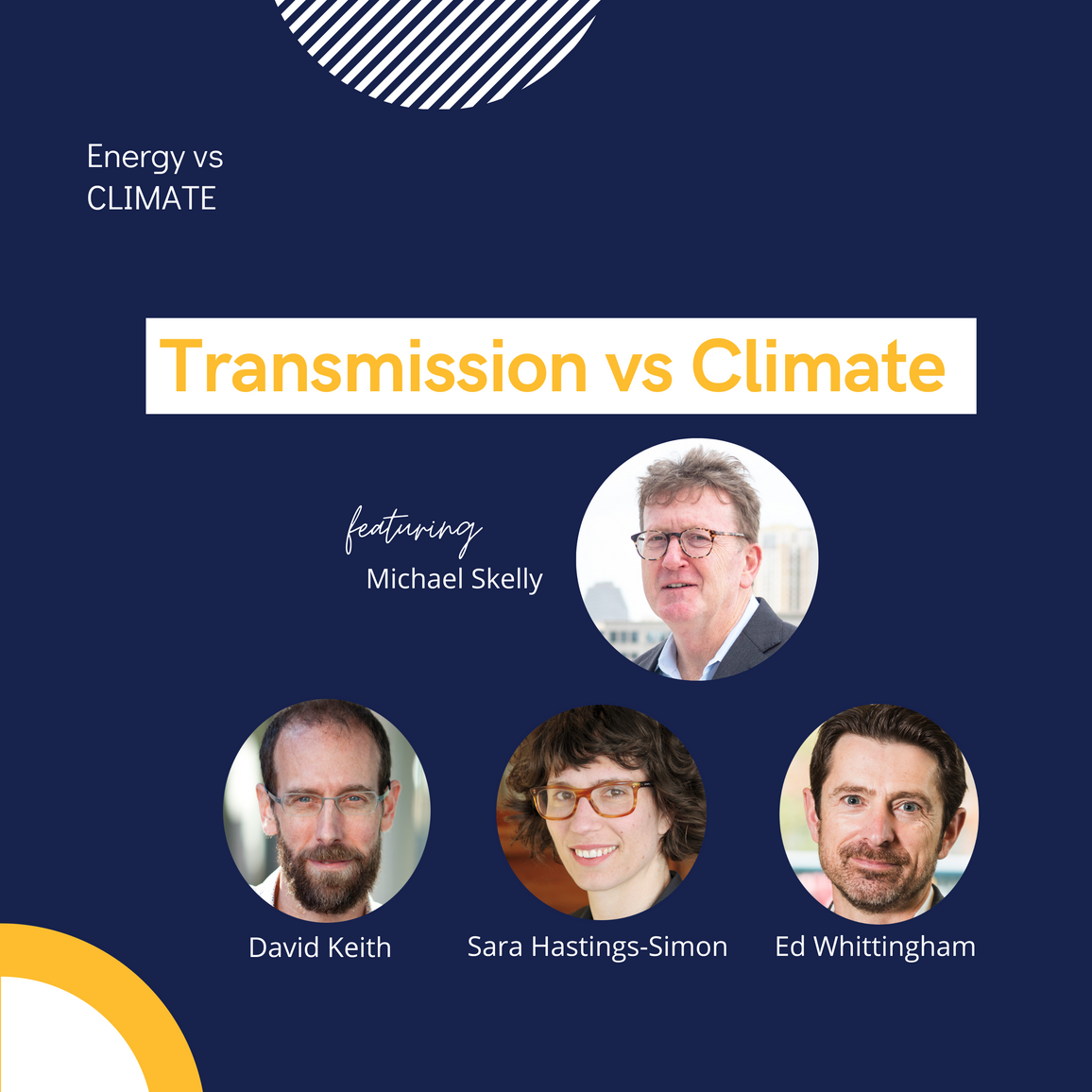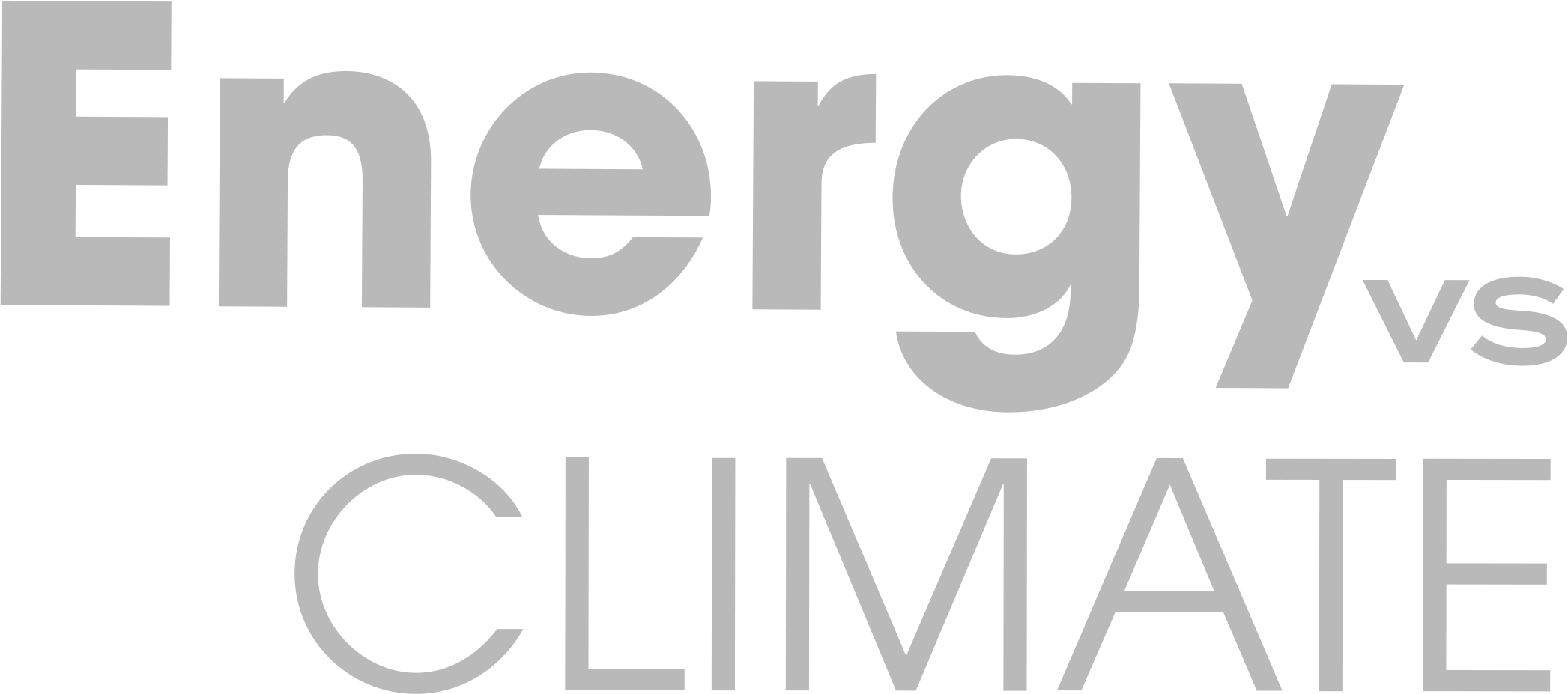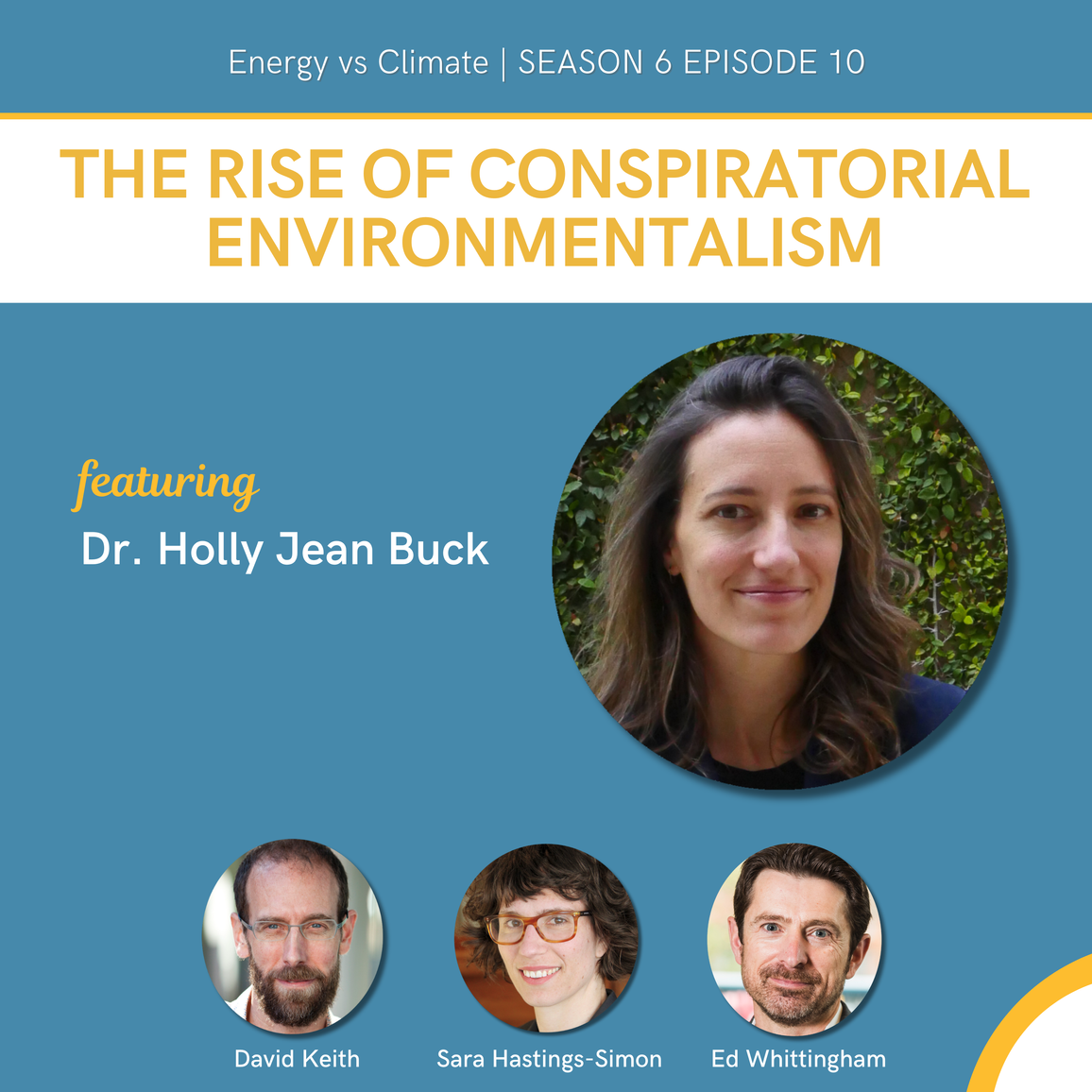Transmission vs Climate

The role of electricity interties in the clean energy system
Long distance and interregional transmission lines promise to increase reliability, mitigate the impact of extreme weather events, and provide electricity consumers with access to low-cost resources. They are an important piece of the energy transition puzzle. In the US, Congress has examined permitting reform opportunities, and the Federal Energy Regulatory Commission has taken action to accelerate interconnection for new generators. In Canada, the federal government made a big bet on electrification in the 2023 budget. But despite these efforts and the well documented benefits of long-distance transmission, to date there has been limited progress in building out interties across North America.
Entrepreneur and infrastructure developer Michael Skelly has first hand experience in tackling this challenge, having developed some of the first wind farms across the US (back when many questioned the viability of the industry) and now as CEO of Grid United. What lessons can we draw from the early days of renewable development that are relevant to this new challenge? What is the current state of efforts to develop long distance transmission and interties in the US, and how does this compare to Canada’s approach? And what is the role of "patient capital” in financing these opportunities?
David, Sara, Ed, and Michael Skelly of Grid United discuss all things transmission on Season 5 Episode 3 of Energy vs Climate.
EPISODE NOTES
@1:00 – Michael Skelly
@1:00 – Superpower - Russell Gold
@3:51 – Texas Renewable Energy Zones
@7:44 - TransWest Express Transmission Project, USA
@8:05 - Hertel-New York interconnection line
@9:00 - EvC - Canada's Big Bet on Electrification
@16:10 - The economics of large-scale wind power in a carbon constrained world (DeCarolis and Keith, 2006)
@24:50 - Viking Link Interconnector Project, Denmark-UK
@27:15 - North Plains Connector
@29:14 - Replacing the Utility Transmission Syndicate's Control (Peskoe, 2023)
@33:00 - China's mega transmission lines
@33:50 - Morocco-UK Power Project
@35:00 - EvC - How Solar Became Cheap
@45:01 - Buying hydro from B.C. will help Alberta meet net-zero goal, in Ottawa's vision
About your co-hosts:
Michael Skelly is a pioneer in the U.S. renewable energy industry and is the founder and CEO of Grid United, an early stage transmission development company. Skelly was previously the founder and president of Clean Line Energy, a company that successfully permitted some of the longest transmission lines in the U.S. in the last 50 years. Prior to Clean Line, Skelly led the growth of Horizon Wind Energy, now part of EDPR, one of the largest renewable energy companies in the US. He holds an MBA from Harvard Business school and a bachelor’s degree in economics from the University of Notre Dame.
David Keith is Professor and Founding Faculty Director, Climate Systems Engineering Initiative at the University of Chicago. He is the founder of Carbon Engineering and was formerly a professor at Harvard University and the University of Calgary. He splits his time between Canmore and Chicago.
Sara Hastings-Simon studies energy transitions at the intersection of policy, business, and technology. She’s a policy wonk, a physicist turned management consultant, and a professor at the University of Calgary and Director of the Master of Science in Sustainable Energy Development.
Ed Whittingham is a clean energy policy/finance consultant, fellow at the Public Policy Forum and a mentor with the Creative Destruction Lab. He is the former executive director of the Pembina Institute.


